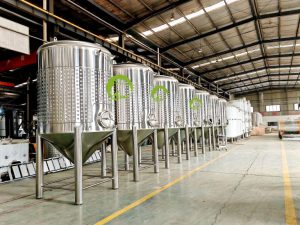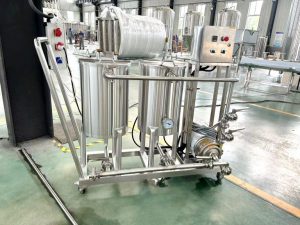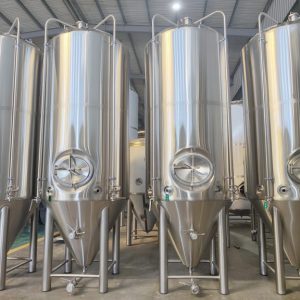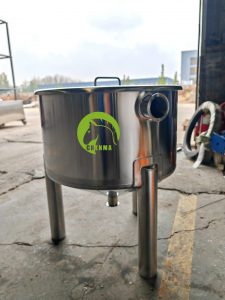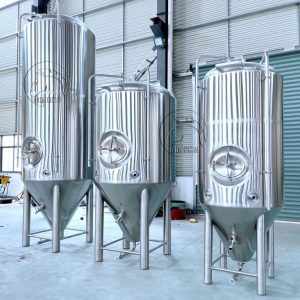
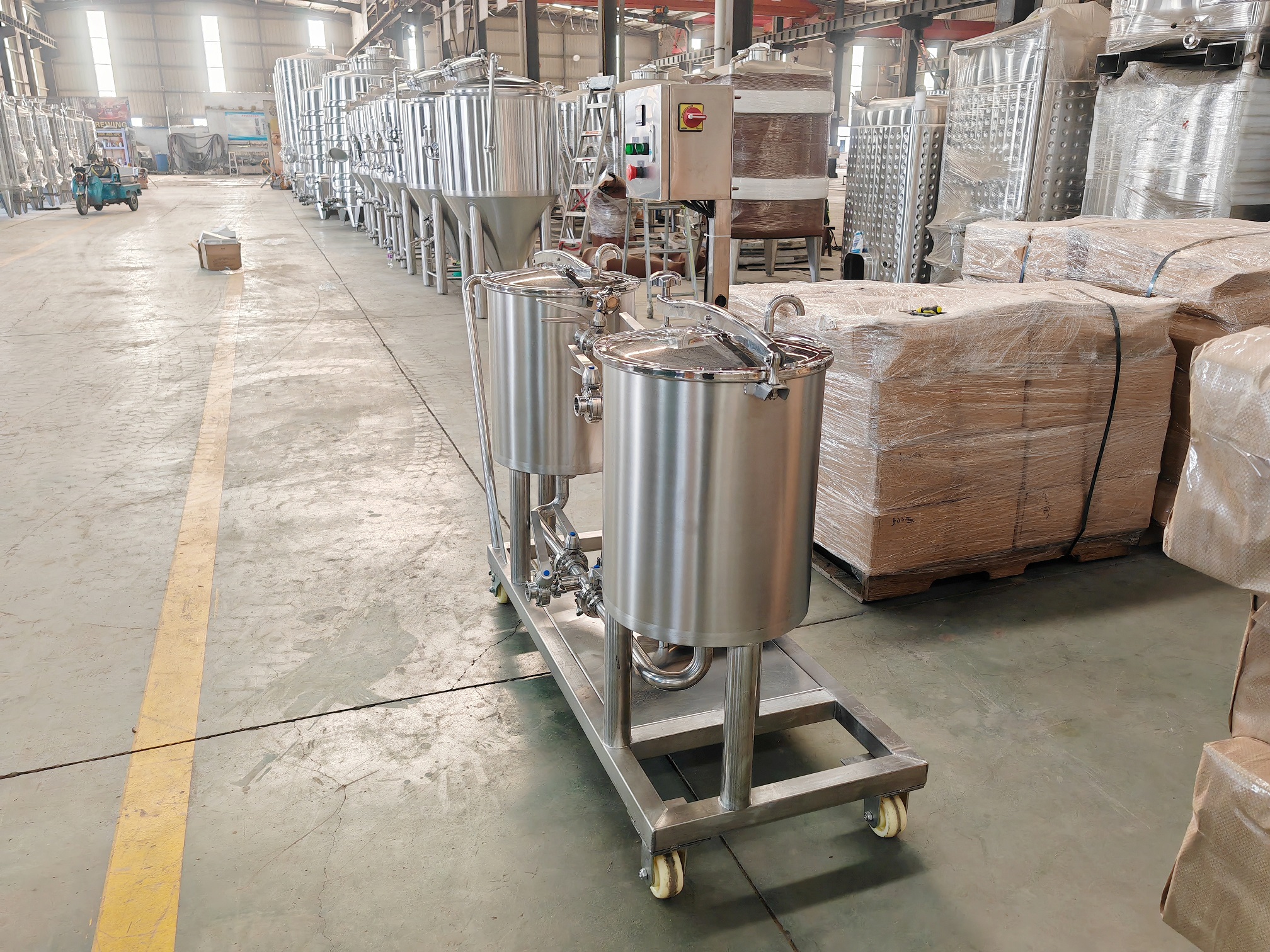
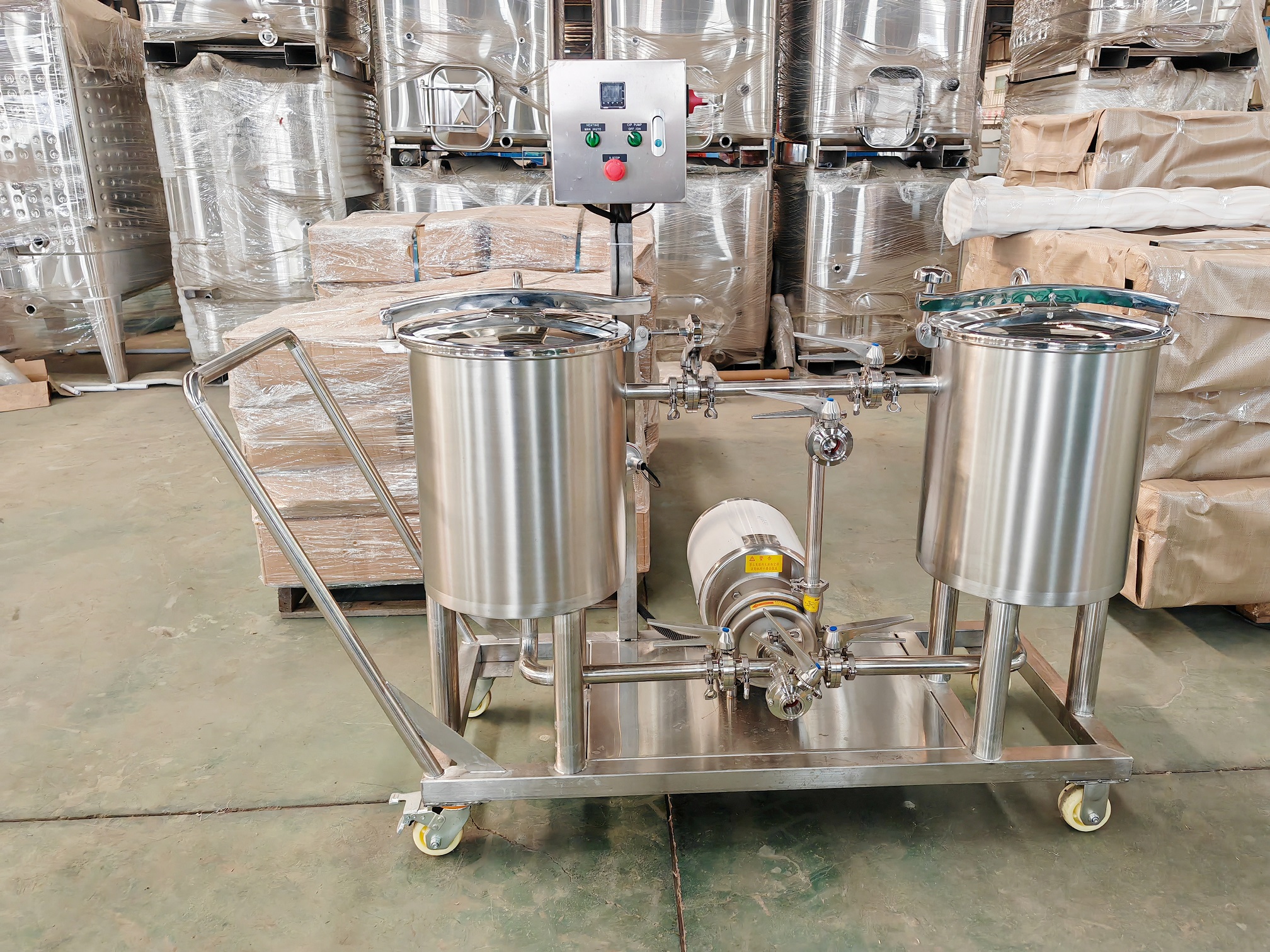
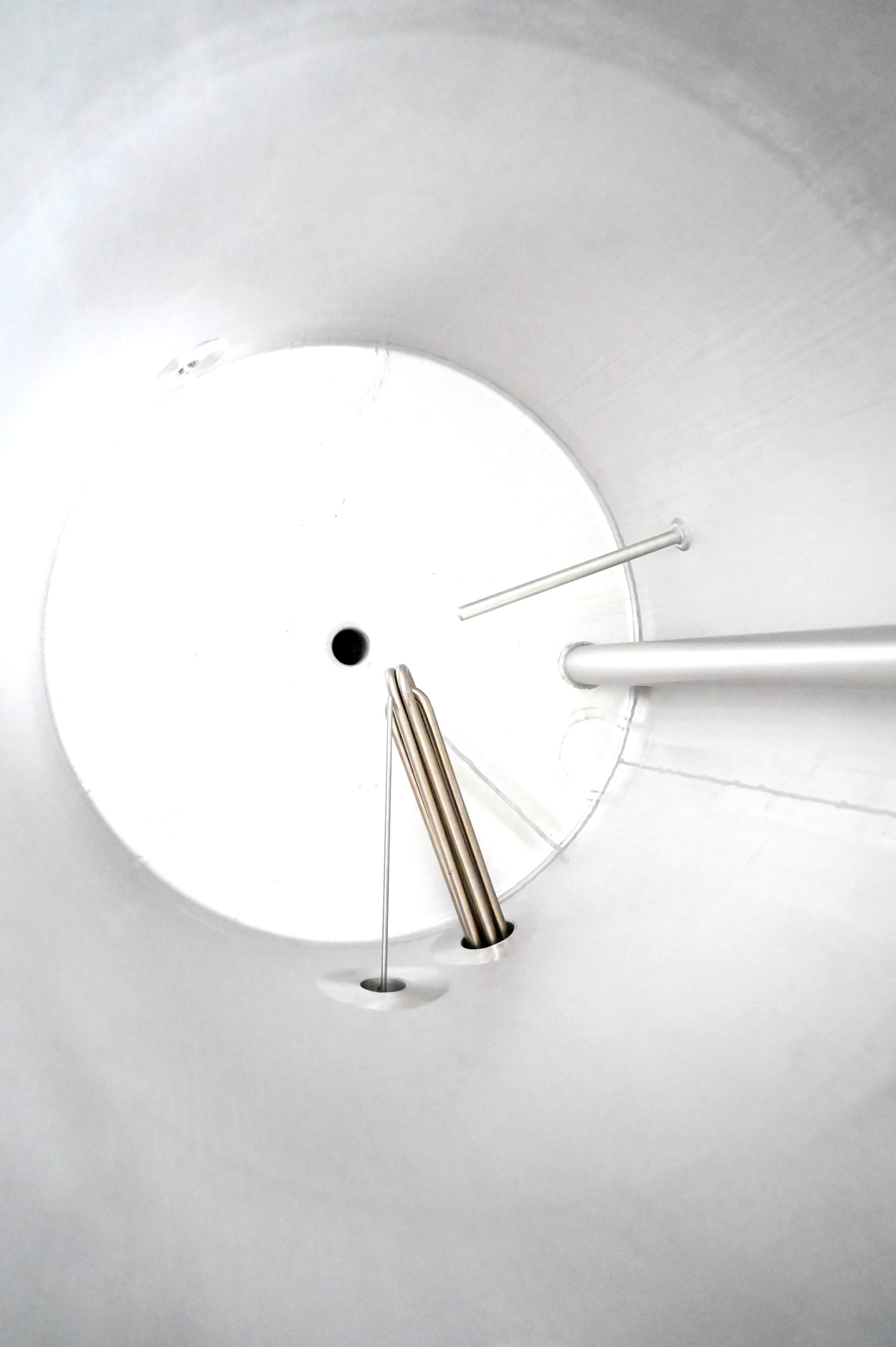
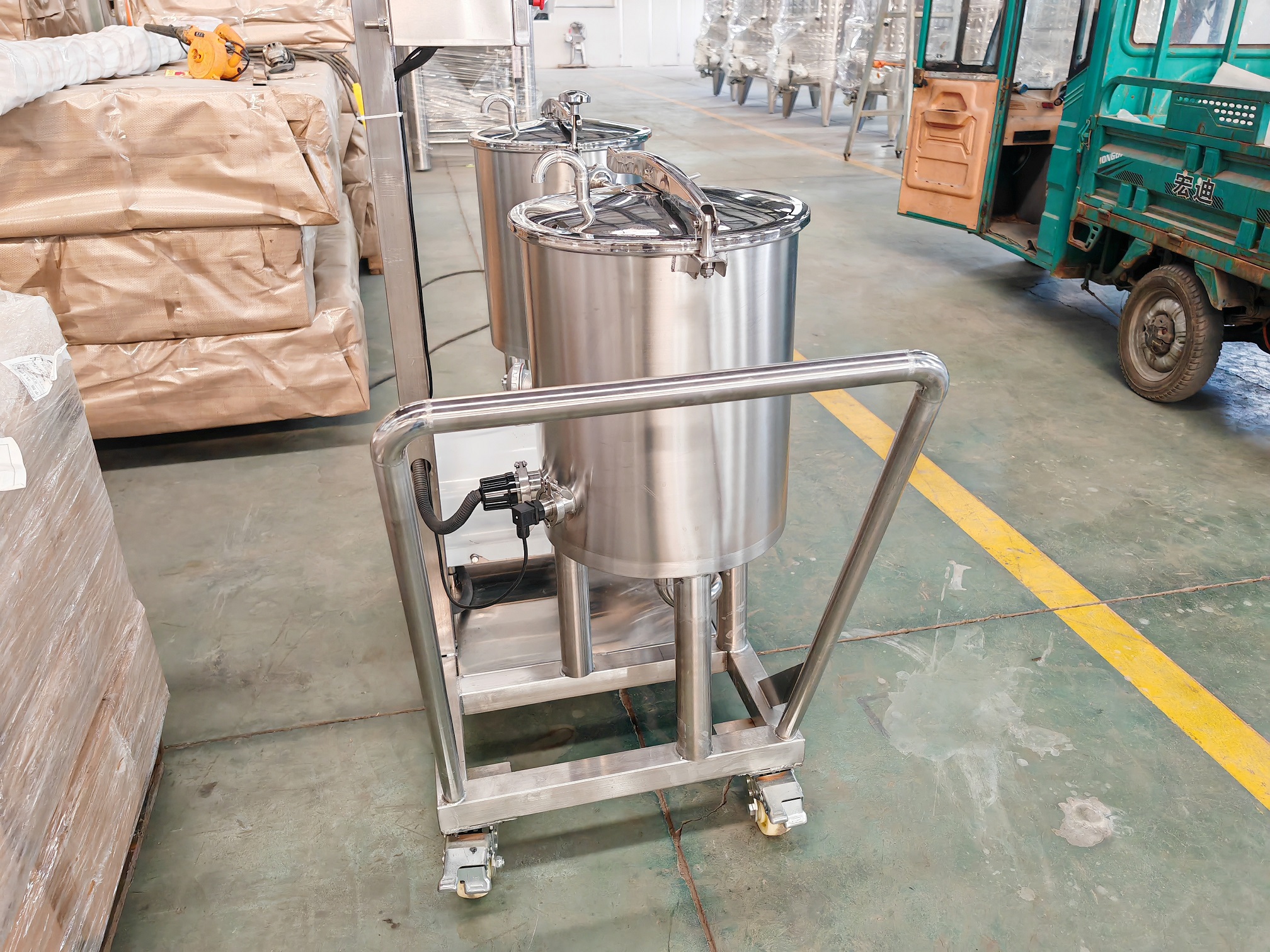
150L Portable CIP System
150L Portable CIP (Clean-in-Place) system is designed for efficient cleaning of equipment in various industries, such as food and beverage, pharmaceuticals, and biotechnology. These systems allow for thorough cleaning without disassembly, saving time and labor.
Product details
150L Portable CIP system
150L Portable CIP system is a mobile cleaning system designed for small to medium-scale operations in industries like food & beverage, pharmaceuticals, and biotechnology. These systems are used for cleaning equipment, tanks, pipelines, and process lines without disassembling them, improving efficiency and hygiene.
1.Specification for 150L Portable CIP System:
1)100L portable CIP system includes one sterilize tank, one alkali tank(with electric heating), washing pump, CIP cart, control panel and pipeline and valves;
2)Mobile systems;
3)Electric heating for alkali tank;
4)CIP control systems(it will be control the temperature for alkali tank, and control the washing pump’s on/off and control speed for the washing pump;
5)SUS304 construction;
6)Removable lids;
7)Thermowell;
8)Low-level sensors;
9)Variable speed centrifugal pump;
10) Liquid Level gauge.
2.Cleaning process for 150L Portable CIP system:
1).Pre-rinse:
- Objective: To remove loose debris and residues.
- Procedure:
- The system is connected to the equipment that needs cleaning.
- Clean, ambient-temperature water is pumped through the equipment to flush out loose debris, product residues, and other particulate matter.
- The rinse water is collected and drained.
2).Alkaline Wash (Caustic Cycle):
- Objective: To remove organic residues like fats, oils, proteins, and carbohydrates.
- Procedure:
- A heated alkaline solution (often sodium hydroxide, NaOH) is pumped from the 150L tank and circulated through the system.
- The solution is heated (typically between 50-80°C) to enhance cleaning efficiency.
- The solution circulates for a set period (e.g., 10-30 minutes) depending on the type of soil and equipment.
- Once the wash is complete, the alkaline solution is either drained or returned to the CIP tank for reuse (depending on system design).
3).Intermediate Rinse:
- Objective: To remove residual caustic solution and prepare for the acid cycle.
- Procedure:
- Water is circulated through the system to flush out any remaining alkaline cleaning solution.
- The rinse water is drained, ensuring that no residual chemicals remain in the system.
4).Acid Wash:
- Objective: To remove mineral deposits, scale, or inorganic residues (especially from hard water).
- Procedure:
- An acid solution (typically a weak acid like nitric acid or phosphoric acid) is pumped and circulated.
- Like the caustic solution, this is also heated (often 50-60°C) and circulated for 10-30 minutes.
- The acid wash ensures that any remaining inorganic deposits are dissolved.
- The acid solution is drained or returned to the CIP tank.
5).Final Rinse:
- Objective: To remove any remaining acid solution and ensure that the equipment is residue-free.
- Procedure:
- Clean water (typically sterile or deionized) is circulated to flush out any remaining traces of cleaning agents.
- The system ensures that all cleaning solutions are fully removed from the process equipment.
6).Optional: Sanitation (if required):
- Objective: To sanitize and ensure microbial cleanliness.
- Procedure:
- If microbial control is needed, a sanitizing agent (like peracetic acid, steam, or hot water) may be circulated at the end of the process.
- This ensures the system is not only clean but also sanitized before the next production cycle.
7).Drain and Air Purge:
- Objective: To dry the system.
- Procedure:
- The system may be drained completely, and in some cases, air is blown through the pipes and equipment to remove residual water, especially before starting the next production cycle.
3.Benefits for using the 150L Portable CIP System:
- Efficiency: Eliminates manual cleaning by automating the cleaning process.
- Consistency: Ensures uniform cleaning across all equipment.
- Safety: Reduces the need for handling of hazardous chemicals during cleaning.
- Hygiene: Minimizes contamination risks, ensuring a high level of cleanliness.
If you’d like more details on specific details, pricing, or technical specifications for 150L portable CIP system, let me know!


